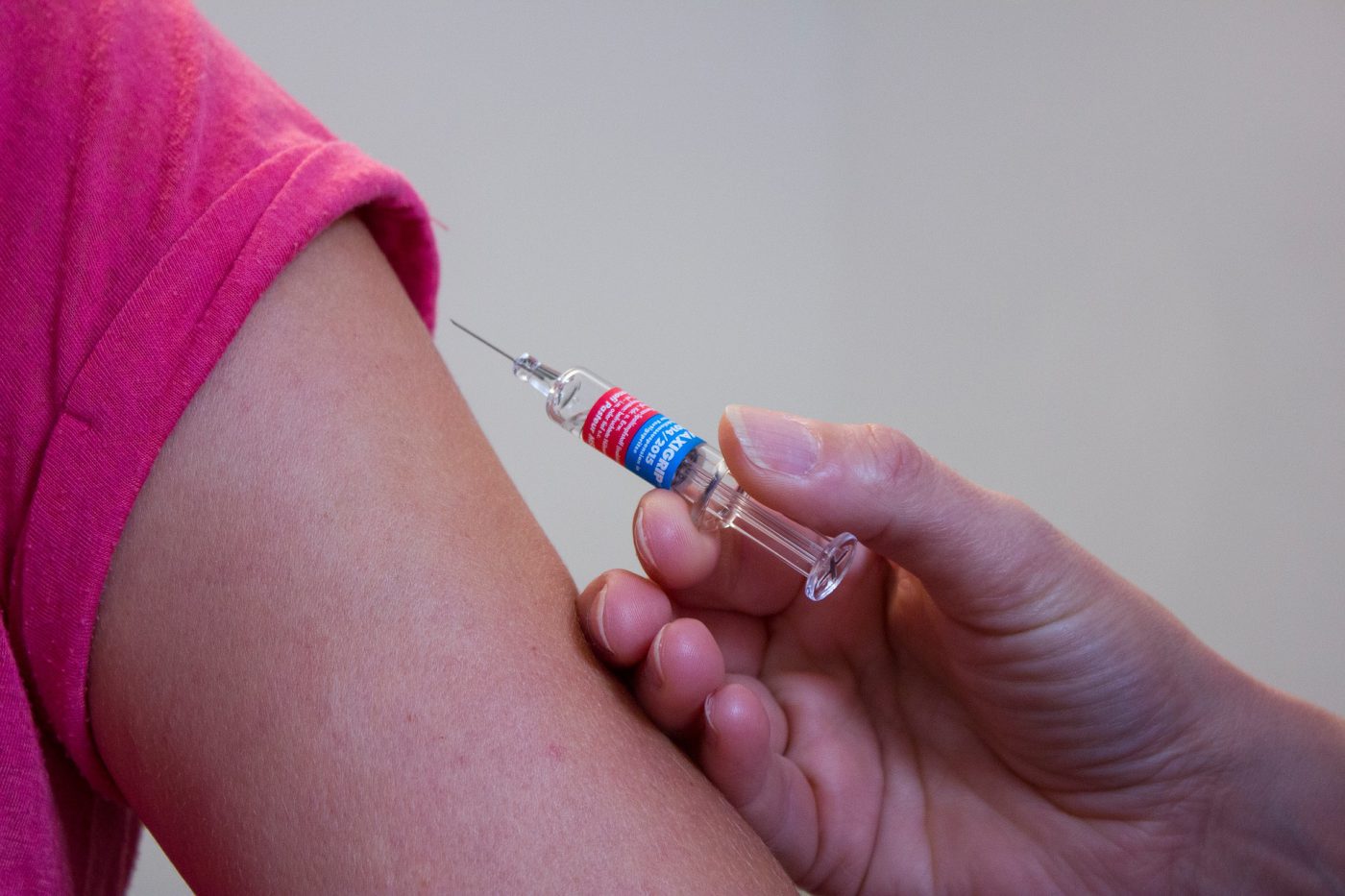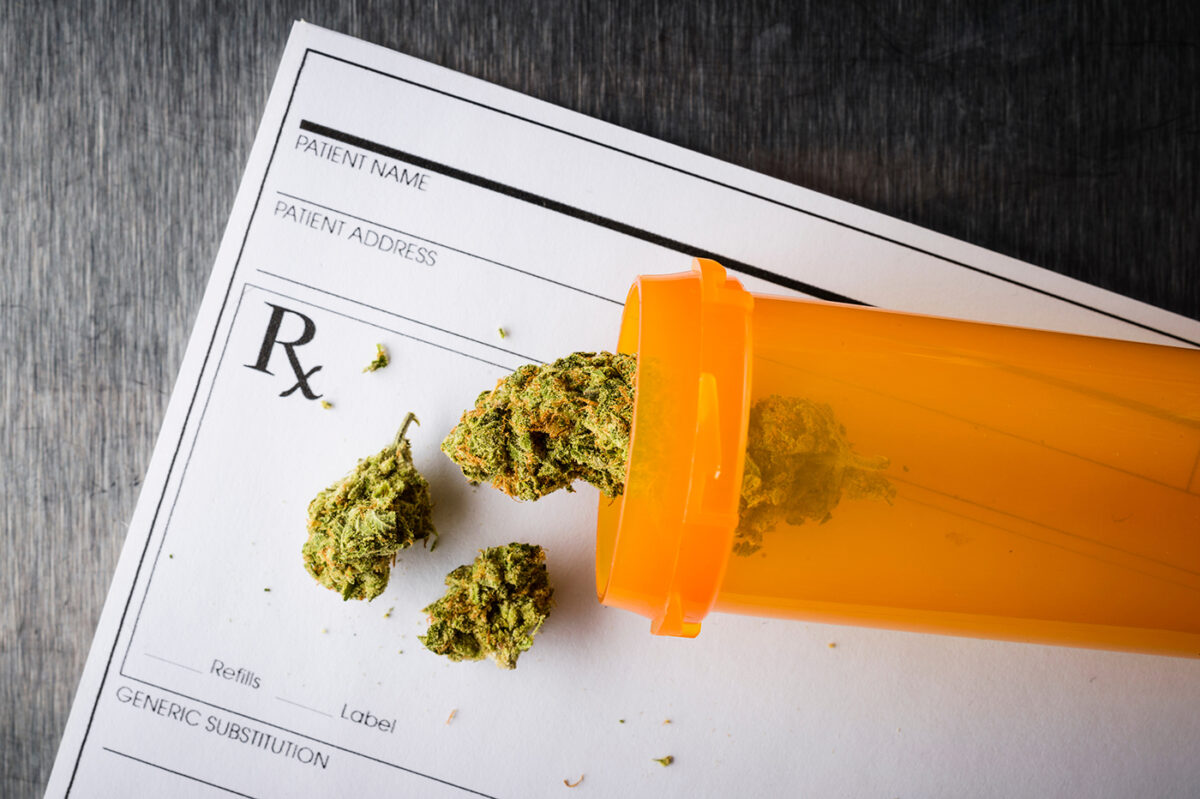
The flu season in the United States got in full swing earlier this year than it has in 16 years, which could signal an early peak or an exceptionally bad season, according to the Centers for Disease Control and Prevention (CDC).
As of the week ending Nov. 30, Puerto Rico and 12 states, more than half of them in the South, were considered by the CDC to be experiencing high levels of flu activity. The states were:
- Alabama
- Georgia
- Louisiana
- Minnesota
- Mississippi
- Nebraska
- Nevada
- New Mexico
- South Carolina
- Tennessee
- Texas
- Washington
Activity levels are based on reported levels of flu-related doctor’s office visits. The CDC considers flu season to be officially underway when a significant percentage of doctor’s office visits are related to the flu for three weeks in a row, a threshold that was reached earlier this season than in any season since 2003-2004. At this time last year, just two states were reporting high levels of flu activity.
The CDC estimates that nationwide between Oct. 1 and Nov. 30 of this year, the flu led to at least:
- 5 million illnesses
- 800,000 doctor visits
- 16,000 hospitalizations
- 910 deaths
Arkansas is among 14 states identified by the CDC as experiencing moderate flu activity. The Arkansas Department of Health said that as of the week ending Dec. 7, it had received reports of 2,400 positive flu tests and seven flu-related deaths in Arkansas since late September.
There is still time to get a flu shot, which is the best way to protect you and your family from the influenza virus. The flu vaccine is safe. As with any medicine, there is a small risk of a side effect or reaction, but these are generally minor and brief. You cannot get the flu from the vaccine.
The vaccine is not 100% effective. Some people will get the flu even if they have the vaccine. But even if a person gets the flu despite having been vaccinated, the illness may be less severe because of the vaccination. Also, some people will avoid the flu even if they don’t get vaccinated, thanks to herd immunity ― the resistance to the spread of a contagious disease that results if enough individuals within a population are vaccinated.
In addition to getting vaccinated, the CDC has other recommendations for avoiding the flu.






